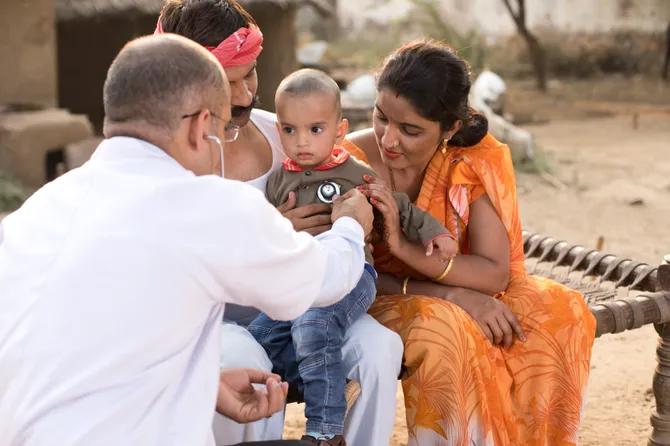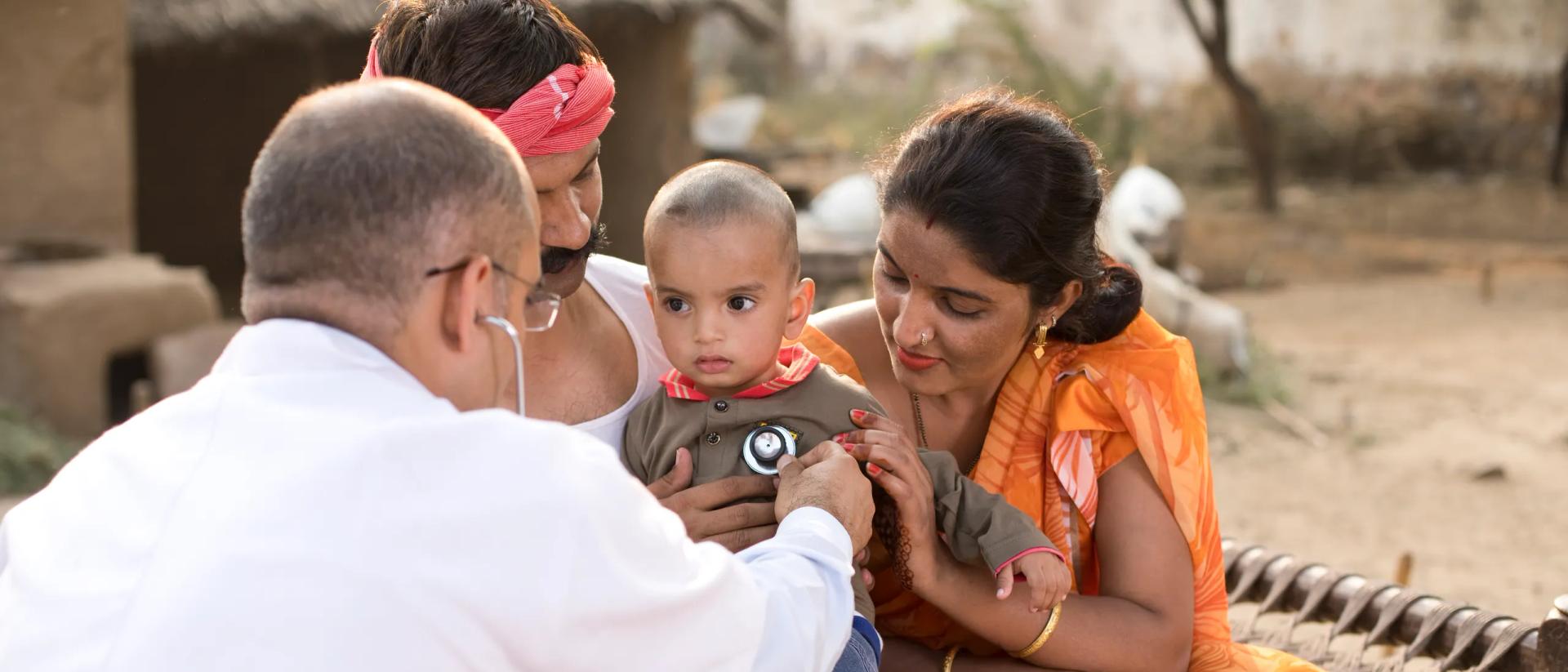Benin
Health
Training dogs to detect breast cancer, a method for screening disadvantaged women in Benin
Impact
News and Insights
The Centre for Economic Research in Pakistan (CERP) wants to measure the impact of a mobile application for promotion of breastfeeding. By enhancing the quality of breastfeeding support health workers provide to women and their families, the technology aims at improving maternal and child health in rural Pakistani communities. FID’s funded impact evaluation will assess changes in community health workers’ (CHWs) practices and their impact on patients’ breastfeeding behaviors.
Project ported by:


According to the WHO, breastfeeding for the first six months of life is one of the most effective ways to maintain infant health and survival. In Pakistan, less than half of infants under 6 months are exclusively breastfed and only 20% of infants are breastfed in their first hour of life.
**With 42 deaths per 1,000 live births, the country has one of the highest neonatal mortality rates in the world. **Very low breastfeeding practices due to lack of information and the persistence of traditional beliefs, combined with poor water quality, likely contribute to this reality.
In rural communities, Lady health Workers (LhWs) play an essential role in raising awareness of the breastfeeding benefits and in supporting women in this process
The CERP project plans to roll out a mobile application in Urdu to improve their practices and standardize the information that patients receive before and after birth regarding infant feeding.
Through multiple forms of quality content (videos, algorithms, graphics) developed and contextually adapted by a multidisciplinary team of clinicians and researchers, the app strengthens Lady health workers’ skills and knowledge to educate expectant mothers on breastfeeding. ItThe app will enhance Lady health Workers’ effectiveness with influential family members through videos and counseling advice, help Lady health Workers identify and provide counseling on common conditions that often lead to discontinuation of breastfeeding, and enable tracking of child weight over tie.
FID-funded study will assess the effects of the app’s use on behavior change among Lady health Workers. In addition, it will help measure the impact of its use on the adoption of WHO-recommended breastfeeding practices and on child health in a context of limited resources.
The impact evaluation is being conducted on a large scale in Sheikhupura district, a rural district in Punjab that is representative of poverty levels in the province.
The total sample of approximately 350 Lady health Workers’ will produce a sample of over 18,000 households over an 18-month period between training and completion of the study, interviews will be conducted both with the Lady health Worker and these households.
The study aims at establishing a causal effect between the deployment of the mobile application, capacity building of community health workers, and infant and child feeding practices.
Projects
Projects funded by FID